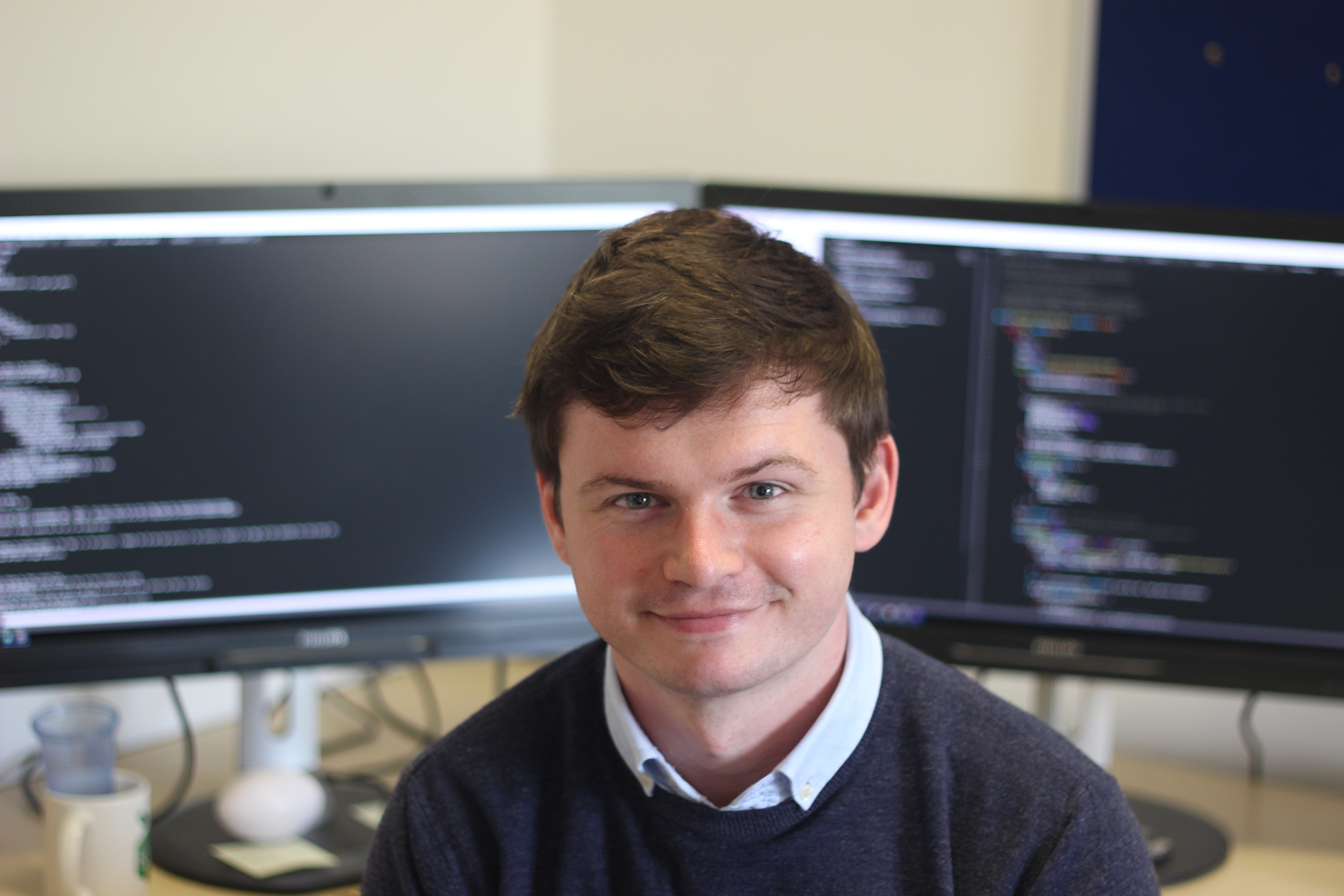- Senior Research Software Engineer
Research
I have an interest in most technologies; particularly those which can be leveraged to improve education.
I work at the Department of Computer Science and Technology on the educational platform which supports Isaac Physics and Ada Computer Science in collaboration with the Department of Physics and the Raspberry Pi Foundation.
Teaching
I supervise and demonstrate for many colleges but mainly focus on courses related to Software Engineering and practical Machine Learning.
If you are lucky enough to be being supervised by me this term… I will be in contact via email :)


